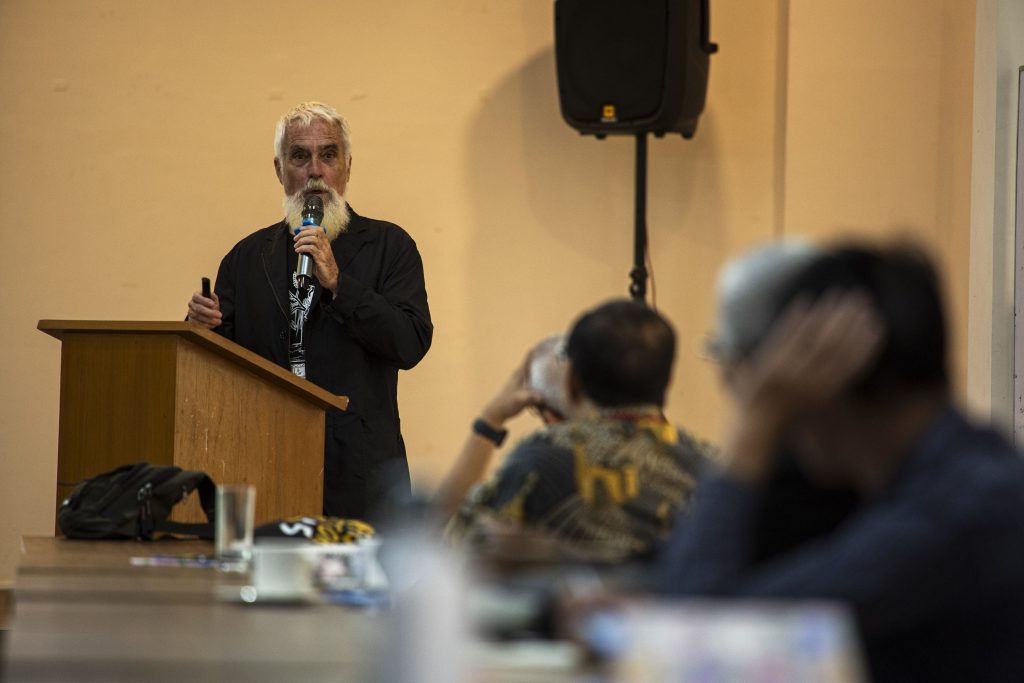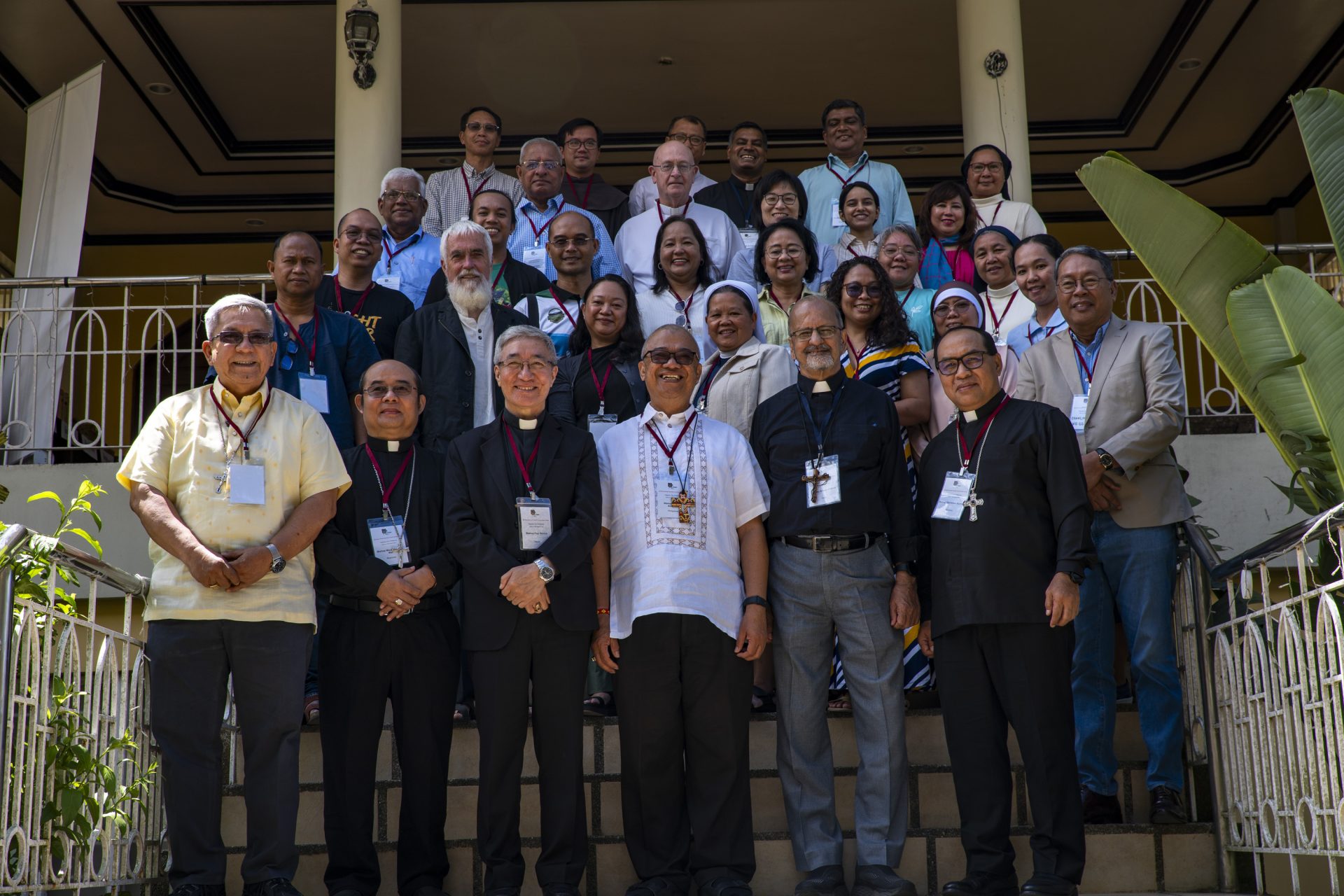Asia’s largest church organizations have launched a regional alliance to confront pressing social and environmental challenges and collaborate to advance ecological protection, Indigenous rights, and economic justice.
The River Above Asia and Oceania Ecclesial Network (RAOEN), Caritas Asia, and the Office of Human Development of the Federation of Asian Bishops’ Conferences (FABC-OHD) signed a Memorandum of Understanding to coordinate efforts in supporting vulnerable communities.
Jesuit priest Pedro Walpole, network coordinator of RAOEN, said the collaboration revolves around “sharing the knowledge we have and the points of action” in serving marginalized sectors, particularly Indigenous communities.

The agreement builds on long-standing cooperation among member organizations and discussions held during the Caritas-FABC meeting in Tagaytay City, Philippines, in April 2024.
Church leaders said that isolated initiatives are insufficient to address the escalating threats of ecological degradation, Indigenous marginalization, and widening socio-economic inequality in Asia and Oceania.
The agreement targets four critical crises: the erosion of Indigenous cultures, ecological collapse, economic disparity, and the Church’s role in moral leadership.
It underscores the role of Indigenous communities in environmental conservation, warning that their displacement threatens biodiversity and climate stability.
The degradation of their territories, the document notes, could intensify deforestation, resource depletion, and climate disruption on a global scale.
Economic inequality remains a key concern, exacerbated by environmental destruction and extractive industries. Many communities are increasingly vulnerable due to policies that prioritize commercial interests over human welfare.
The partnership seeks to advocate for equitable economic systems that safeguard marginalized populations.
Church leaders also view the agreement as a moral imperative. Failure to act, they argue, would be a retreat from the Church’s mission of justice, environmental stewardship, and solidarity with the poor.
The collaboration is guided by four core principles. First, it prioritizes synodal dialogue, fostering cooperation among dioceses, civic leaders, and NGOs.
Second, it promotes sustainable development, advocating for policies that integrate Indigenous wisdom with ecological conservation.
Third, it focuses on strengthening community resilience through grassroots initiatives, particularly within Basic Ecclesial Communities (BECs), which will be instrumental in fostering environmental awareness and sustainable practices.
Lastly, the initiative seeks to deepen engagement with local cultures, shifting from a project-based approach to one rooted in faith-driven solidarity.
Fr. Walpole said there is a possibility of joint projects among the three organizations in the future, adding that coordinated efforts from organizations with a deep understanding of the communities they serve will be crucial in addressing social and environmental challenges more effectively.







